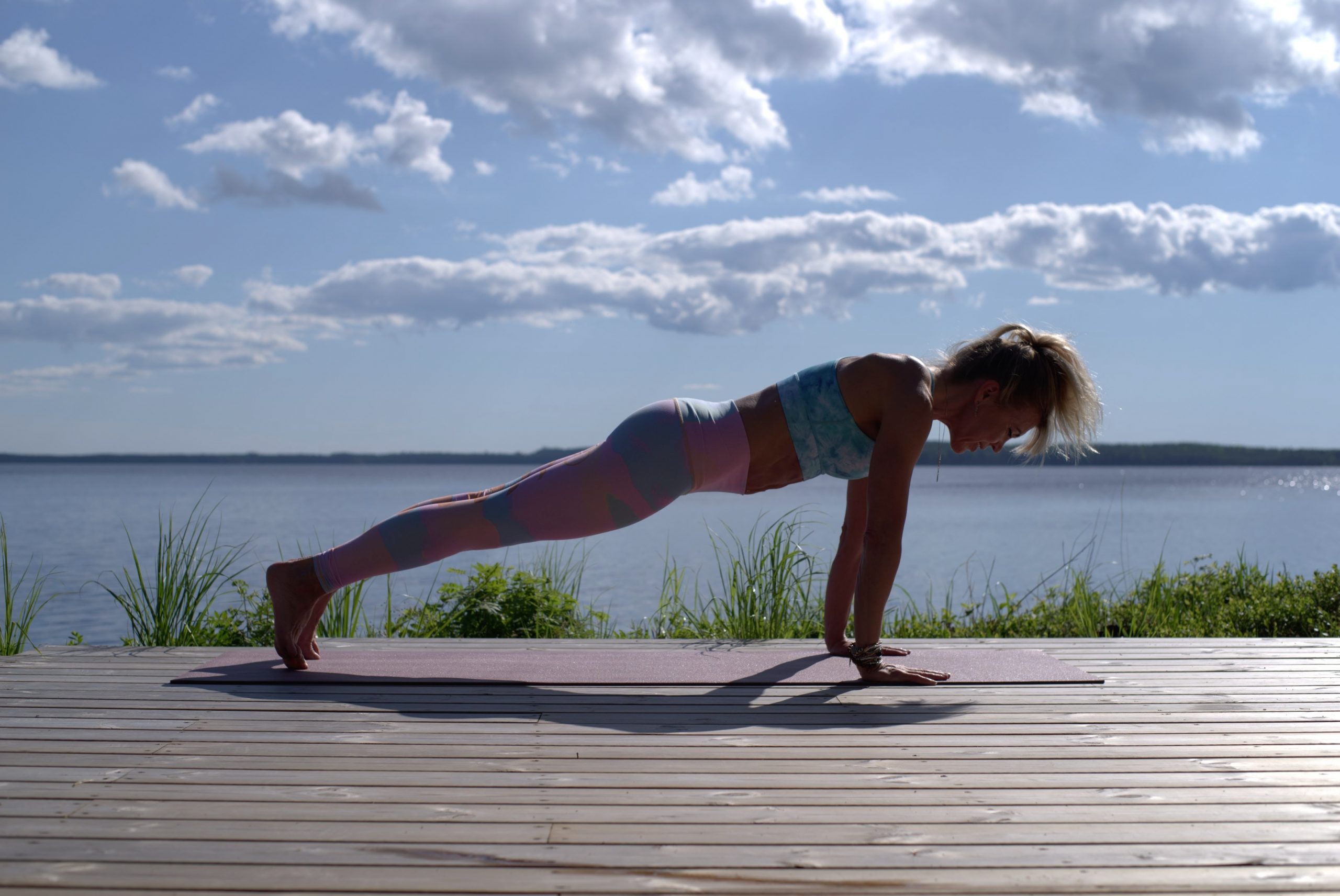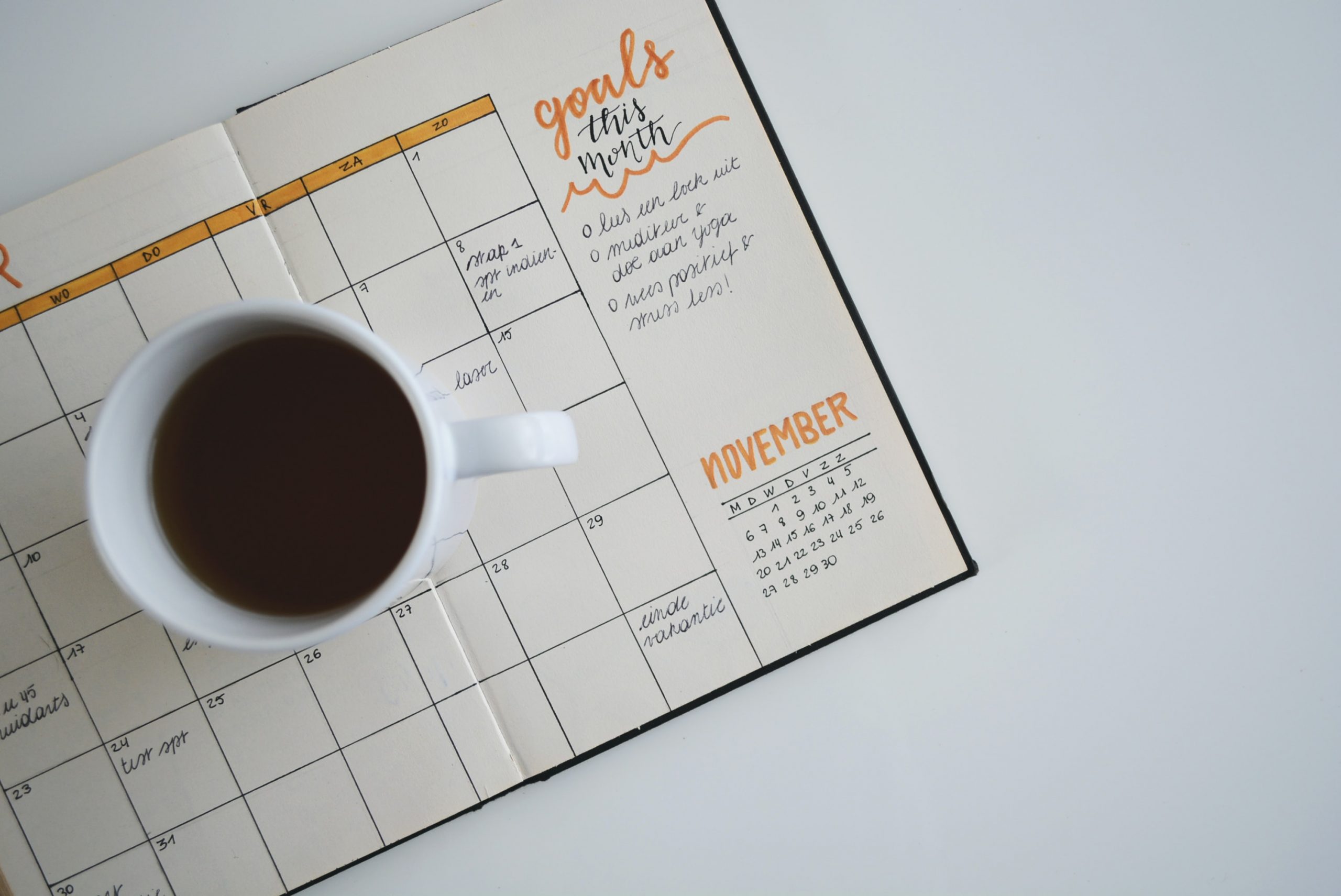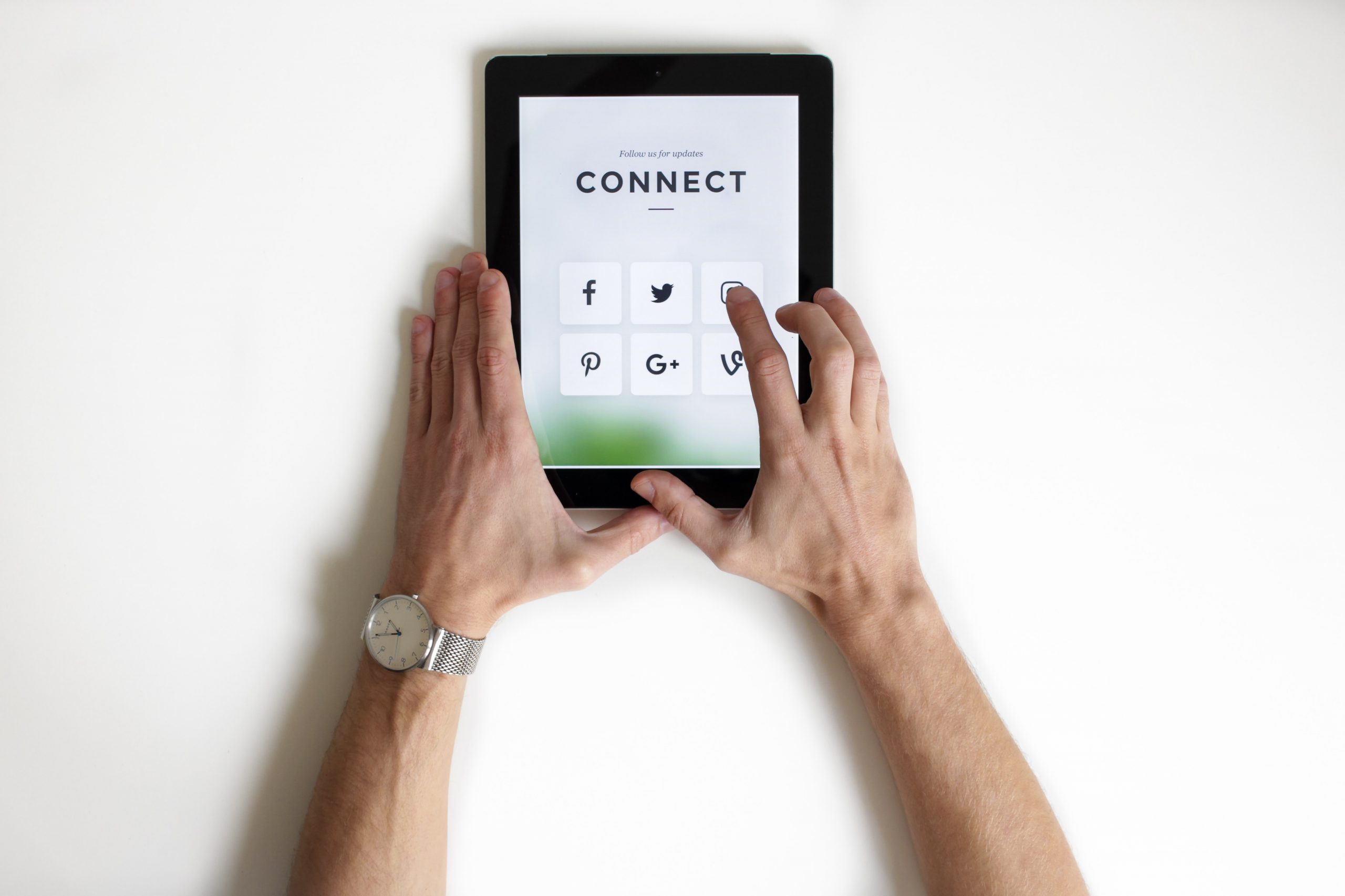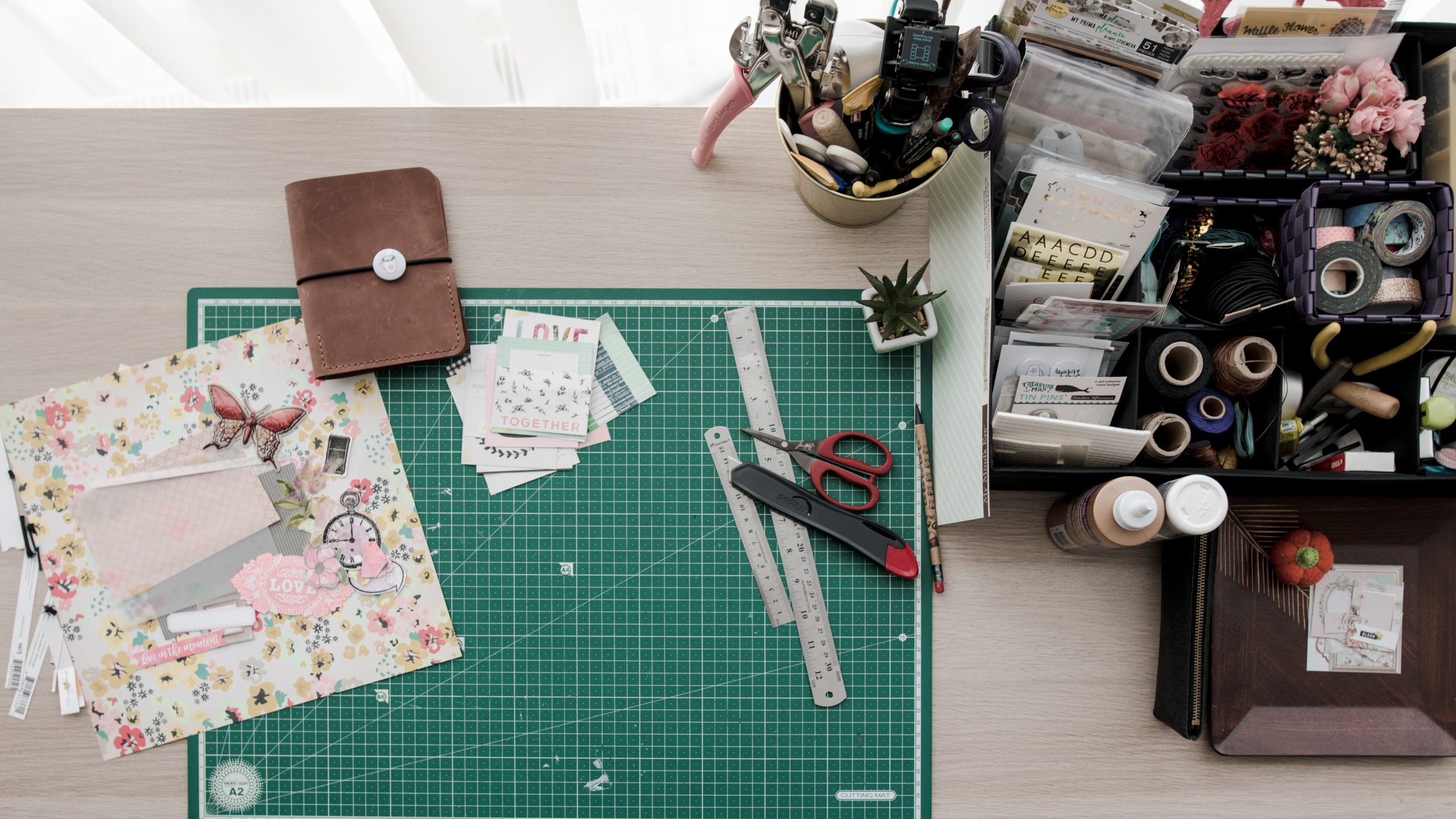
Many of us set goals when the new year rolls around, and often they’re focused on physical things like losing weight or getting fit. While making sure you’re strong and feel good about your appearance is an excellent goal, there’s more to health than just losing fat and building muscle.
Looking after your mind and your mental health is just as important. It can work in synchronicity with your physical health to help you feel more well-rounded and happy.
2020 was a tough year for most of us, and though 2021 is looking up, the struggle isn’t over yet. Taking the time out of your day to work on self-care might not seem like the most important thing, especially if you’re juggling working from home or childcare (or both) already. But it’s amazing what spending time on yourself can do.
According to Mind, the mental health charity, self-care can help manage the symptoms of mental health problems. But it can also help prevent problems developing in the first place, or getting worse.
So we have a few tips to make it simpler for you.
#1 – Move Yourself

When you break it down, we can put much of our mental health down to a combination of neurotransmitters. But we’re not neurologists, so we’re going to phrase it like this: exercise makes you feel good.
Sure, while you’re doing it, it might exhaust you. Your legs might burn, your muscles might ache, and you might find yourself breathless. But exercise is essential for physical and mental health, because our bodies release endorphins as we push ourselves.
Those endorphins leave us with a feeling of euphoria that’s hard to beat, especially when you’re also feeling more than a little smug about beating your best time.
If you’re not sure where to start, have a look online for some ideas. No one expects you to become an Olympic athlete. Take it at your own pace, just make sure you take the time each day to move. Trust us.
#2 – Breathe Fresh Air

This one might seem obvious, but get some fresh air. If you can combine your exercising with the great outdoors, even better. But what’s most important is to get out into the world once every day.
Appreciate the sunshine, the breeze or even the rain and get into nature a bit.
If you don’t like the sound of going for a walk in a thunderstorm, then think of it this way. Time outdoors and away from home will help you appreciate your comforts when you go back indoors, especially when you come back to a hot shower and a fluffy pair of slippers.
#3 – Divide Your Space
This one is mainly for those people who are currently working from home. Those who’ve done it for years will rave about how important for productivity it is to keep the space you work in and the space you relax in as separate as possible.
The everyday stress of work, even if only a little, will quickly spill over. Rooms such as the kitchen or living area can quickly stop being a sanctuary and start being a place of tension if you can’t keep the physical parts of your life apart.
Moving into a spare room or office can change your perception and the energies in the rest of your home, and we can’t recommend it enough. If you’re unable to do so, then at least try to work at a desk or table away from your living spaces. And definitely avoid working from the sofa or your bed, if only for the sake of your aching back!
#4 – Set Goals & Remember to Unwind

Whether it’s a workday or a weekend, we all have a tendency to overdo it sometimes. Instead of creating unnecessary stress, take a few moments at the beginning of your day to set your goals.
Your goals can be as simple as to put some washing on. To go for a walk. Or to catch up on a TV show. But in order to finish your day with a sense of satisfaction, try to bring some organisation to each day. There’s nothing quite like the feeling of ticking off a to-do list, is there?
On a workday, this can help you stay on track and keep away from multi-tasking (which is actually impossible to do successfully). If you’re working from home, making sure you have a routine in place can work wonders for productivity. Try to stay away from household chores as you work – after all, you wouldn’t be constantly washing up if you were in the office!
Also, remember to include time to unwind on your list of goals. Self-care, relaxation, “me time”. It doesn’t matter what you call it, it just needs to make it onto the list. Because ticking off those goals is a small achievement you can make daily. And doesn’t achievement usually deserve a reward?
#5 – Say No
This may well be the most important tool in your self-care arsenal. One of the biggest reasons we feel stress is because we don’t feel like we have time to complete all the tasks assigned to us.
At work and at home, we often agree to do things we don’t want or have time to do. Whether that’s to avoid an argument about it, to make things “simpler” or to look good. There are a thousand reasons we might agree to something we know we shouldn’t take on, but it’s important to remember that we put many of those pressures there ourselves.
We can say no. We just have to be firm about it. There’s no need to feel guilt. Your mental and physical wellbeing is more important.
#6 – Connect

Loneliness can be silent, tough, and hard to identify. Right now, it’s becoming a genuine threat.
While the idea of popping around to see a friend for a chat, or meeting your colleagues at the pub after work might seem like a distant memory, it doesn’t mean you have to be alone. Whether you’re an introvert or an extravert, the human mind needs socialising in order to function.
We can’t get the human touch we need in quite the same way, but we can make compromises using Zoom, Facetime, WhatsApp or Houseparty that can allow us to engage. Hell, pick up the phone and try it the old-fashioned way!
Connecting with people is key. Even when done virtually, it helps to stimulate our minds, build confidence and bring value to us. Not to mention, hearing about someone else’s thoughts or day can get you out of your own head and give you a new perspective.
If you’re not having the best of days, talking things through with a friend or relative can help to ease your mind. Sometimes just expressing your concerns can help you organise your thoughts and find a little clarity.
#7 – Banish the Phone & Find New Hobbies

You’ve probably heard this one before, but sometimes, we need to put down the phone. The world is digital, and when communicating is mostly online, it’s hard to cut the cord. But it has to be done, if only for a little while.
If your phone is your primary source of entertainment, then get creative.
You don’t have to be an artist to get doodling. Make or listen to music, start a hobby like embroidery or painting. Try out a new recipe or read a book. There are endless possibilities that don’t require a screen. And you never know, if you produce something awesome, make it your new side hustle!
#8 – Sleep

While we touched on the subject of sleep above, we really can’t emphasise enough how important it is. Most of us need a good seven or eight hours to make the most of our day and getting to bed at a reasonable hour is crucial to achieve that.
Sleep is the time when our mind and body work to relax and recuperate. It’s the one time of day that our brain can stop and work through everything we’ve experienced. We build memories and work through our problems in our sleep, while our body heals and recovers.
No compromises. Sleep is key.